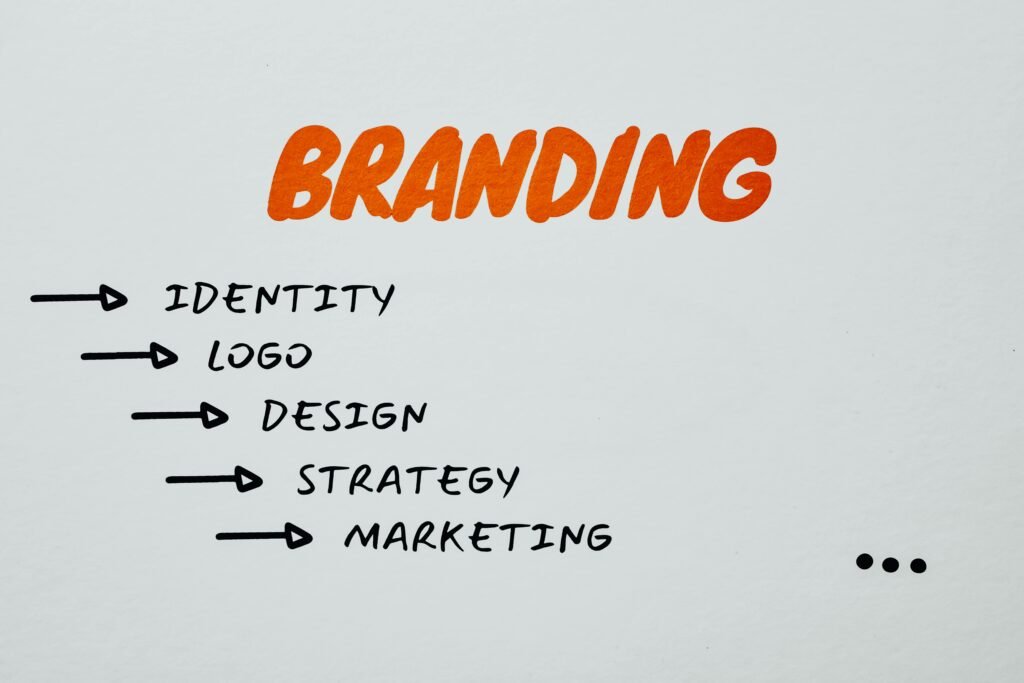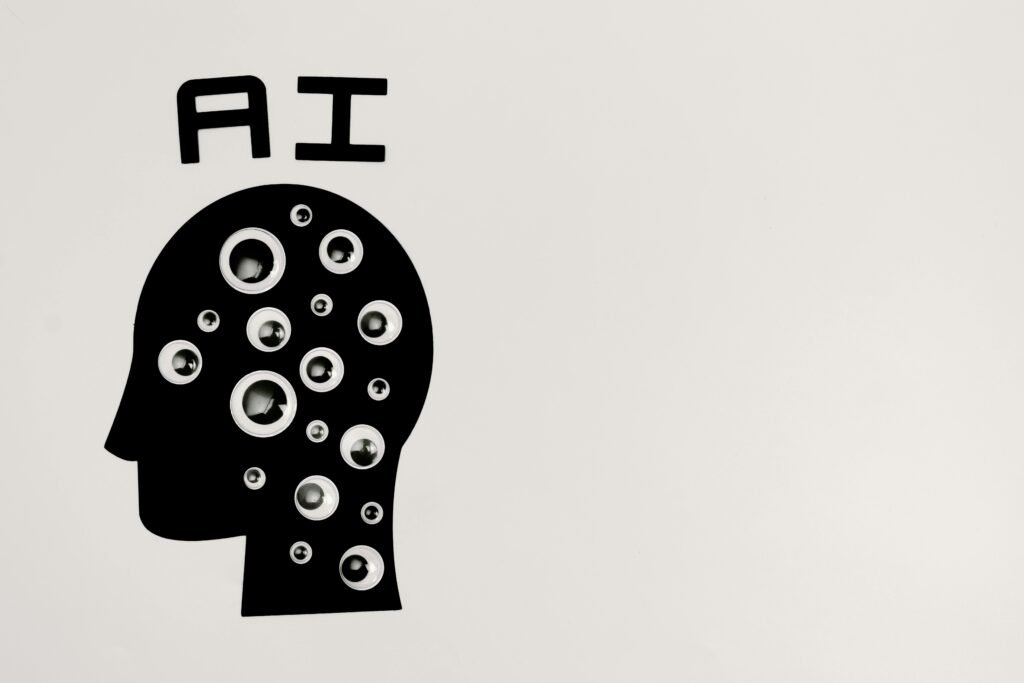In an era where AI tools are reshaping the marketing landscape, many professionals fear obsolescence. However, interdisciplinary marketers—those who blend creativity, strategy, cultural insights, and technical knowledge—are becoming more valuable, not less. This article explores why AI will augment rather than replace marketers who possess diverse skill sets.
The Unique Value of Human Interdisciplinary Thinking
While AI excels at processing data and identifying patterns, it lacks the nuanced understanding that comes from cross-domain expertise. Interdisciplinary marketers bring together insights from psychology, anthropology, business strategy, and creative arts—connections that AI cannot meaningfully establish without human guidance.
Areas Where AI Falls Short
- Cultural Nuance and Context
AI lacks lived experience and cultural immersion. Interdisciplinary marketers bring cultural intelligence that helps brands navigate complex social landscapes, understand unspoken norms, and avoid costly missteps. - Strategic Innovation at Category Borders
The most disruptive innovations often occur at the intersection of multiple disciplines. Human marketers can identify unexplored opportunities between categories that AI, trained on historical data, might miss entirely. - Emotional Intelligence and Empathy
Understanding the emotional needs of audiences requires genuine empathy. Interdisciplinary marketers can connect with audiences on a human level, sensing emotional undercurrents that even the most sophisticated AI cannot truly comprehend.

The New Hybrid Model: AI + Human Expertise
Rather than replacement, we’re entering an era of powerful collaboration between AI tools and interdisciplinary marketers. Here’s how this partnership works:
AI as the Assistant, Human as the Director
AI can process vast amounts of data, generate initial drafts, and handle repetitive tasks, freeing interdisciplinary marketers to focus on strategy, innovation, and human connection. The marketer becomes both curator and director, guiding AI tools toward meaningful outcomes.
Prompt Engineering as a Core Skill
Successful marketers will master the art of prompt engineering—crafting precise instructions that guide AI to produce useful outputs. This requires deep knowledge across multiple domains to know what questions to ask and how to evaluate AI-generated content.
Real World Examples In Action
Here are practical examples of how interdisciplinary marketers can leverage AI while maintaining their unique value:
- Example 1: Cultural Insight Integration
An interdisciplinary marketer might use AI to analyze social media conversations across markets, but then apply their cultural knowledge to identify subtle cultural differences that explain varying consumer behaviors—insights the AI alone would miss. - Example 2: Strategic Narrative Development
The marketer might use AI to generate multiple narrative frameworks, then apply their cross-domain expertise to select and refine the approach that best connects with both business objectives and customer needs. - Example 3: Collaborative Content Creation
Rather than simply accepting AI-generated content, interdisciplinary marketers can guide AI through iterative refinement, injecting human creativity, cultural references, and strategic alignment that transforms generic content into compelling communication.

Developing Your IDM Edge
To thrive in this new landscape, marketers should:
- Cultivate expertise across multiple domains (business strategy, creative arts, behavioral science, technology)
- Develop strong prompt engineering skills to effectively collaborate with AI tools
- Focus on uniquely human capabilities like empathy, cultural intelligence, and cross-contextual thinking
- Build frameworks for evaluating and enhancing AI outputs with human insight
Collaboration
Far from making interdisciplinary marketers obsolete, AI is elevating their importance. The future belongs not to those who fear AI, but to those who master the art of human-AI collaboration, bringing together diverse knowledge domains to create marketing that machines alone could never conceive. In this new paradigm, connectors—those who bridge disciplines, contexts, and perspectives—will be the most valuable players in the marketing landscape.



